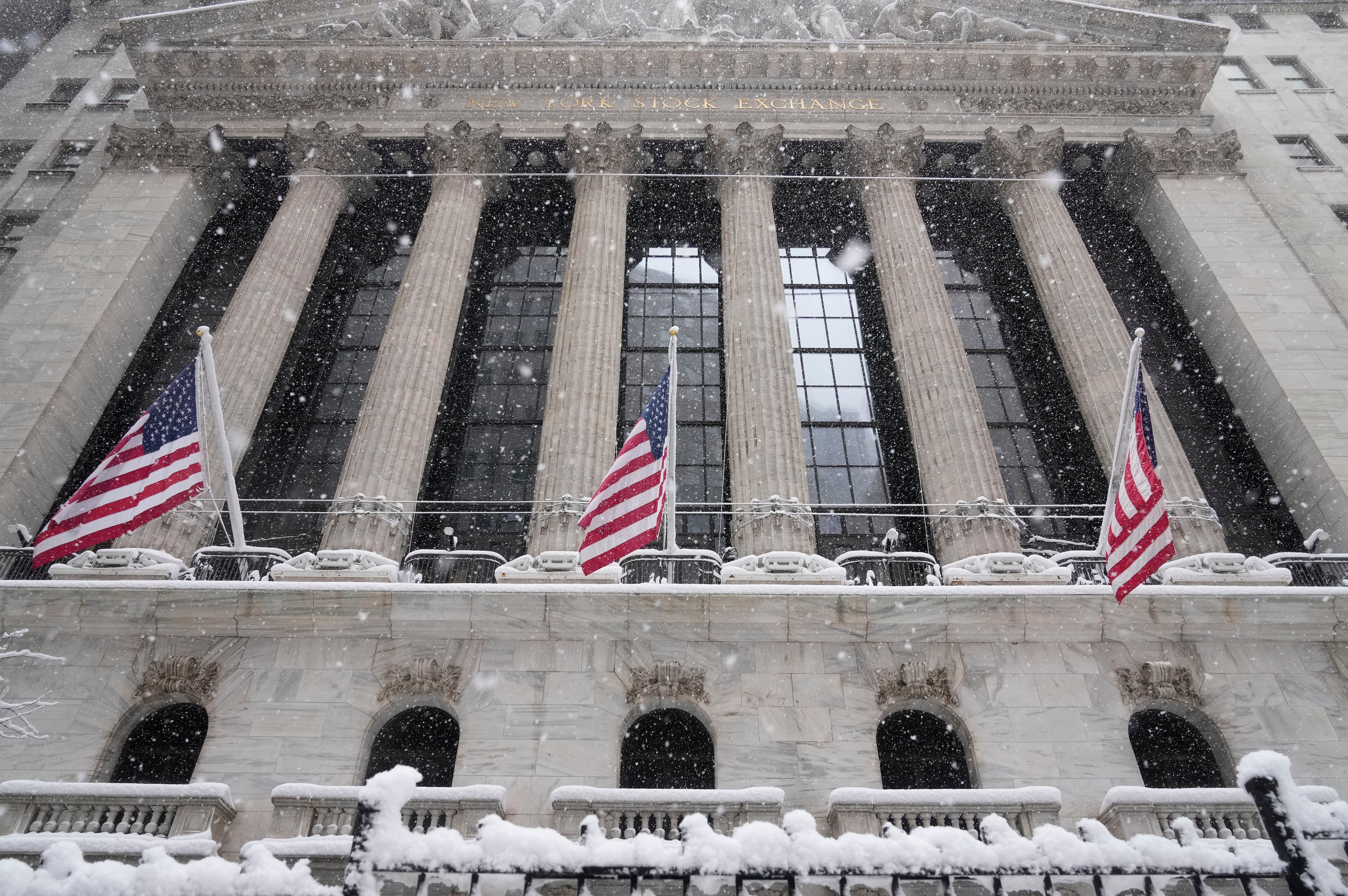Roark Capital Group looks past Arby's to more deals
One day back in 2007, Neal Aronson picked up the phone and called Mike Hislop, chief executive of Corner Bakery Cafe. Aronson, an Atlanta private equity manager, wanted to introduce himself and convey his admiration to Hislop, who was competing against the much larger Panera Bread.
It took four years, but the men now are business partners, thanks to Roark's purchase this week of Corner Bakery.
Patience is the name of the game at Roark Capital Group, the Atlanta-based private equity firm that made national news this week with its planned acquisition of Arby's. Roark often tends its relationships with entrepreneurs for years before making a deal. It has held some of its investments for a decade. It has bought 30 companies and sold only a handful. It uses less debt than a typical private equity outfit.
As Roark and its 38 staffers tackle one of their biggest challenges yet -- helping the 3,600-restaurant Arby's brand rebuild its image -- the typically quiet investment firm is set to make news.
Roark may raise another round of funding as early as next year, although exact timing has not been decided. It will look to sell one business this year and a couple more next year, Aronson told the Atlanta Journal-Constitution in an interview this week.
After purchasing 15 companies in the last year, "we are on pace to have another active year in 2011," Aronson said in Roark's offices on the 25th floor of a Midtown office tower.
The pending purchase of Arby's, including $130 million in cash and assumption of $190 million of Arby's-related debt, will be Roark's biggest yet if it closes. Aronson said he could not comment about the Arby's deal before it closes.
The country's second-largest fast-food sandwich chain would raise Roark's profile, but the firm's restaurant roots go deep. It has invested in 20 franchise brands, including Moe's Southwest Grill, Schlotzsky's, Cinnabon and Auntie Anne's. Those franchise companies have generated more than $5 billion in system sales and are active in more than 40 countries.
"In the franchise space, they are one of the biggest players out there," said Stuart C. Johnson, managing partner of Barnes & Thornburg's Atlanta office. "Neal's made a terrific reputation for himself."
There have been missteps along the way as Roark assembled its portfolio of companies, which include a Canadian waste processing company and a chain of pre-K educational centers. Roark had to write off an investment it made in the mortgage industry near the height of the real estate craze, for example.
"We knew nothing about the mortgage business, and it didn't work out," he said. "We made a mistake. We haven't done anything like that since."
The private equity firm was in the news for the wrong reasons between 2007 and 2009, when an investment in Pike Nurseries ended up in the nursery chain's bankruptcy, a lawsuit and a $3 million settlement over accusations that Roark bled the company of cash. Roark denied any wrongdoing.
Aronson said there wasn't much to learn from the imbroglio, besides being especially wary of weather-dependent companies. A long drought was to blame for Pike's troubles, he said. "I look at it as bad luck," he said.
The private equity deal market is slightly down this year, according to research firm Dealogic. So far this year, 258 buyouts and investments have been made in the United States -- nine fewer than in the same period of 2010. The dollar value of those deals has dropped to $35 billion, down 10 percent.
Roark will continue to look at middle-sized companies in industries where massive size is not required to succeed, Aronson said. He declined to disclose his firm's return on investors' capital, a key measure of a private equity firm's effectiveness.
The hotel industry, in which Aronson worked before founding Roark, is uninviting because it is dominated by a few massive chains including Marriott, Hilton and Starwood. For a different reason, frozen yogurt is unattractive.
"When 50 of these concepts pop up overnight, a bunch of them will not be there five years from now," he said. "I'm not good enough, and we're not set up, to pick the two guys that will win out of 50. They have to prove they're sustainable and matter to consumers."
Aronson took exception to one characterization of the company's brands, like Carvel and Cinnabon, as "your daddy's Oldsmobile." Some brands have been older or needed some fixing, he acknowledged. But others, like Corner Bakery, just need added resources to accelerate their growth, he said.
John F. "Sandy" Smith, a member in Womble Carlyle's corporate and securities practice group in Atlanta, said Roark has stuck to its knitting over the years.
"They buy brands you've been familiar with all your life; they're nice brands," he said. "There are plenty of ‘death spiral' brands, and they're not buying those."
More Stories
The Latest


